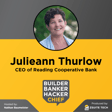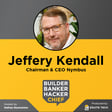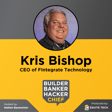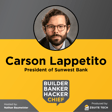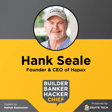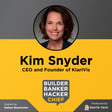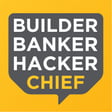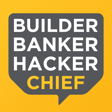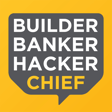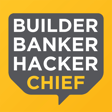
Gabe Krajicek – What comes after winning, leaders going off script, and the inescapable power of intent | Episode 2
Welcome to episode two of Builder, Banker, Hacker, Chief! The guest on today’s show is Gabe Krajicek, CEO of Kasasa, a marketing and technology provider for community financial institutions.
On this show, I’m unpacking the stories, decisions, and influences that make people successful leaders. And full disclosure, my history with Gabe goes way back. I worked with him at Kasasa for 11 years before jumping into the career adventures that have landed me here at ZSuite.
My name is Nathan Baumeister; I am the CEO of ZSuite Tech and the host of this podcast.
What you’re about to hear may sound like a conversation between old friends because it is. And that friendship allowed us to dive into some topics that are very raw and vulnerable. You’re going to hear Gabe talk about his insecurity as a young CEO in an industry he had no functional experience in. You’re going to hear about the way the loss of a parent fed into his drive to win and what happened when he discovered that his drive to win wasn’t enough. You’ll hear about his victory against the Federal Reserve and the internal shift that has transformed his approach to leadership – after more than 20 years as a CEO.
It's my privilege to share a glimpse of Gabe’s wisdom, and radical transparency with you in this episode.
Resources:
Gabe’s media recommendations:
The Outward Mindset: How to Change Lives and Transform Organizations
Connect:
